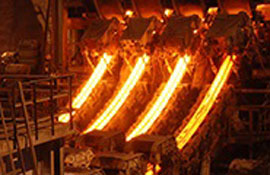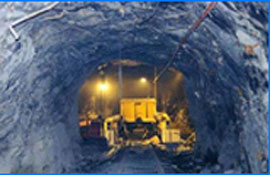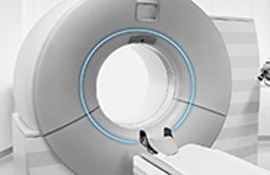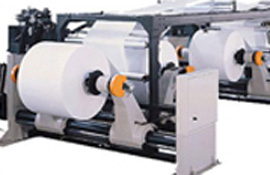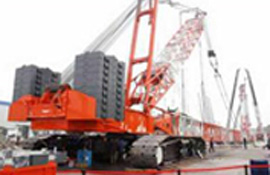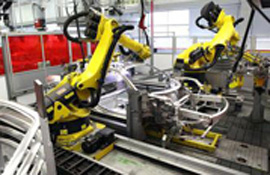Home / News / CNC Bearing Maintenance: Essential Practices for Prolonging Bearing Life and Ensuring Optimal Perfor
CNC Bearing Maintenance: Essential Practices for Prolonging Bearing Life and Ensuring Optimal Perfor
Introduction
In CNC (Computer Numerical Control) machines, bearings play a crucial role in ensuring smooth and precise motion of various components, including spindles, linear guides, and ball screws. Proper maintenance of these bearings is essential to extend their lifespan, minimize downtime, and maintain the overall performance and accuracy of the CNC machines. This article will outline the essential CNC bearing maintenance practices that can help prolong bearing life and ensure optimal performance.
Regular Inspection and Monitoring
Regular inspection and monitoring of CNC bearings are critical to detecting signs of wear, damage, or potential failure. Perform visual inspections to check for any visible signs of wear or contamination, and listen for any unusual noises during operation. Additionally, monitor bearing temperatures and vibration levels, as these can be early indicators of potential issues.
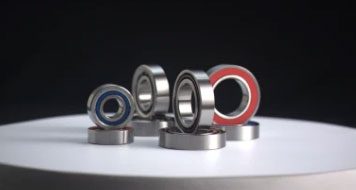
Proper Lubrication
Proper lubrication is essential to reduce friction, minimize wear, and dissipate heat generated within the bearings. Follow the manufacturer's recommendations for the type and quantity of lubricant to use, and establish a regular lubrication schedule based on the machine's operating conditions and usage. Ensure that the lubrication system is clean and functioning correctly to prevent contamination.
Keep the Environment Clean
A clean working environment can significantly reduce the risk of bearing contamination, which can lead to premature wear and failure. Regularly clean the CNC machine and surrounding area to minimize the presence of dust, debris, and other contaminants. Implement proper sealing mechanisms to protect the bearings from external contaminants.
Correct Alignment and Installation
Misalignment of bearing components can result in uneven load distribution, causing increased stress on the bearing and generating noise. Ensure that bearings are correctly aligned and installed according to the manufacturer's guidelines. Regularly inspect the alignment of bearing components and adjust as needed.
Prevent Overloading
Excessive loads can cause premature bearing wear and failure. Always operate the CNC machine within its specified load limits and avoid overloading the bearings. Regularly monitor the machine's performance to ensure it is operating within its designed parameters.
Implement a Preventive Maintenance Program
A well-designed preventive maintenance program can help identify potential bearing issues before they result in machine downtime or costly repairs. Develop a maintenance schedule that includes regular inspections, lubrication, alignment checks, and other essential tasks. Train machine operators and maintenance personnel on the importance of bearing maintenance and the best practices to follow.
Replace Bearings as Needed
Despite proper maintenance, bearings will eventually reach the end of their service life and require replacement. Monitor bearing performance and replace them as needed to prevent unexpected machine downtime and maintain optimal performance. Keep a stock of replacement bearings on hand to minimize downtime during replacement.
Conclusion
Proper CNC bearing maintenance is essential for prolonging bearing life and ensuring the overall reliability and performance of CNC machines. By implementing regular inspections, proper lubrication, maintaining a clean environment, ensuring correct alignment and installation, and following a preventive maintenance program, operators can effectively extend the service life of their bearings and maintain the efficiency and precision of their CNC machines.
- Previous: CNC Bearing Replacement: A Step-by-Step Guide to Ensuring Optimal Performance
- Next: CNC Bearing Temperature: Causes, Effects, and Solutions



